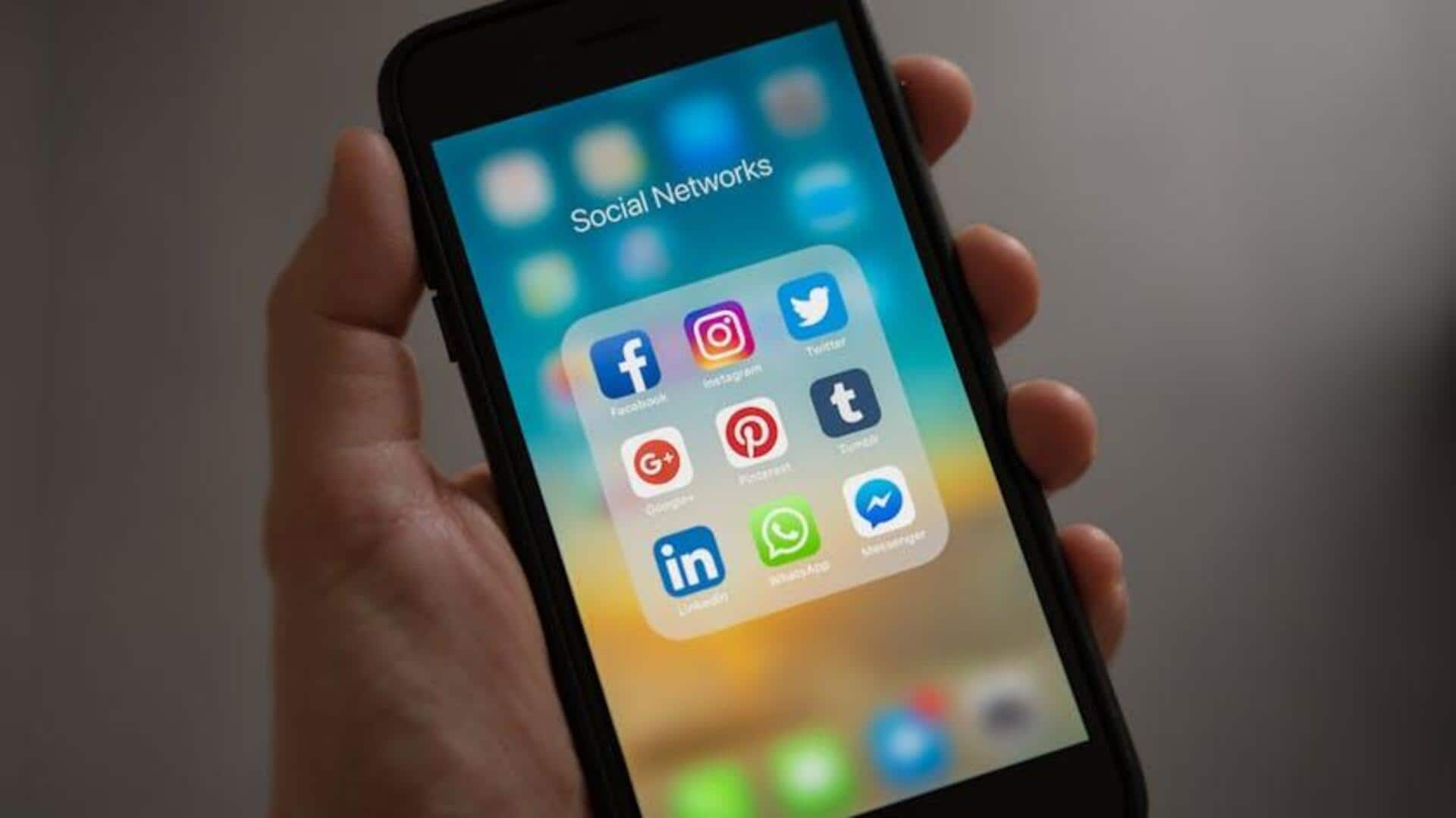
Easy ways to secure your smartphone settings
What's the story
In the current digital age, keeping a minimal digital footprint has become essential for privacy-conscious people. Smartphones, which are a part of our daily lives, tend to collect and store a whole lot of personal data. However, customizing your smartphone settings can help you significantly limit the amount of information shared with third parties. Here are some practical tips to help you do just that.
App permissions
Limit app permissions
Reviewing and limiting app permissions is the first step towards reducing your digital footprint. Most apps seek access to features like location, contacts, camera, which may not even be required for their functioning. By going into the settings menu of your smartphone, you can manage these permissions individually for every app. Restricting unnecessary access prevents sensitive information from being shared without your consent.
Location services
Disable location services
Location services are commonly used by apps to monitor your whereabouts and provide location-based services. Although handy, this feature can also put your privacy at risk by sharing your real-time location with third-parties. To avoid this, disable location services when not in use or configure them to activate only while using certain apps. This simple change minimizes the risk of unauthorized tracking.
Data sharing
Manage data sharing settings
Smartphones often share user data with manufacturers and service providers for analytics and improvements. To keep a check on this, head over to the privacy settings on your device where you can opt out of some data collection practices. Shutting off options like personalized ads or diagnostic data sharing ensures that less of your personal information is sent out from your device.
Encrypted messaging
Use encrypted messaging apps
Switching to encrypted messaging apps increases security of your communications by making sure that only intended recipients can access your messages. Popular encrypted messaging platforms employ end-to-end encryption protocols that restrict unauthorized access when data is in transit. By opting for such apps over regular messaging services, you can protect your conversations from potential eavesdropping.
Software updates
Regularly update software
Regular software updates are critical for smartphone security. They often come with fixes for vulnerabilities that malicious actors could exploit. By regularly updating both the OS and installed apps, you ensure the best protection against threats. This is what you need to do in today's rapidly evolving technological environment. It protects mobile devices used across the globe in various sectors.